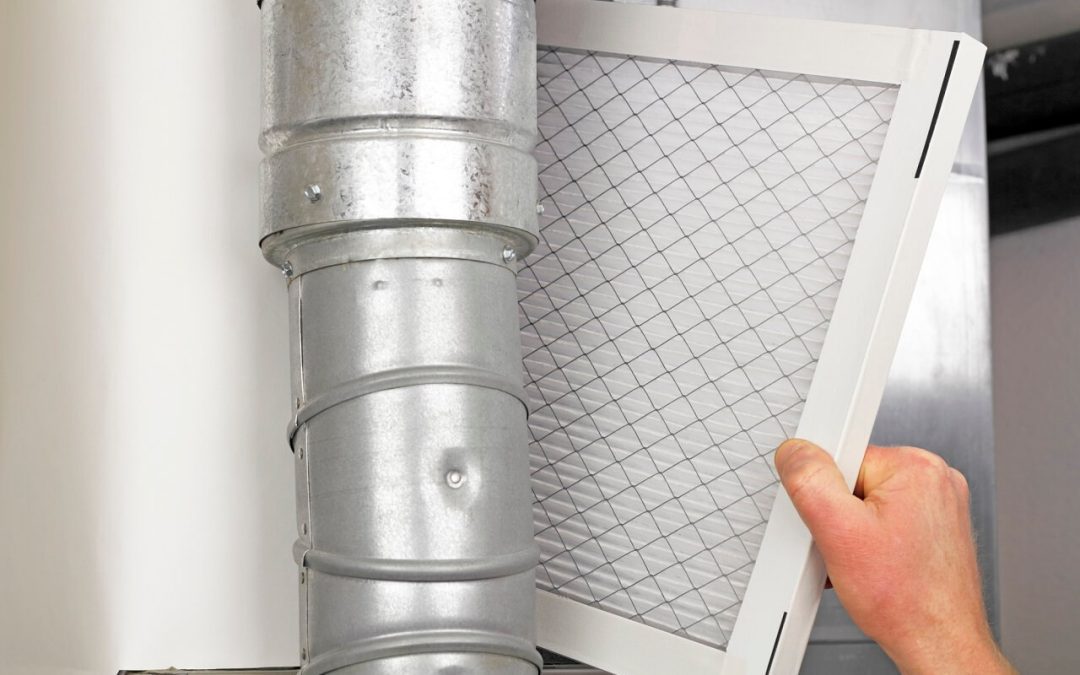As the weather warms up, it’s a time of rejuvenation and renewal. However, for many allergy sufferers, spring marks the onset of sneezing, itching, and congestion. Pollen, dust, mold, and pet dander are just a few of the allergens that can wreak havoc during this season. Fortunately, there are steps you can take to allergy-proof your home and minimize your exposure to these irritants. Here are some effective strategies for allergy-proofing your home.
Allergy-Proofing Your Home Starts with Cleanliness
Regular cleaning is essential for keeping allergens at bay. Vacuum carpets and rugs frequently using a vacuum cleaner equipped with a HEPA filter to trap tiny particles. Dust surfaces with a damp cloth rather than a feather duster to prevent allergens from becoming airborne. Wash bedding, curtains, and other fabrics regularly in hot water to remove pollen and dust mites.
Control Indoor Humidity
Mold thrives in damp environments, so it’s crucial to maintain indoor humidity levels between 30-50%. Use a dehumidifier in areas prone to moisture buildup, such as basements and bathrooms. Repair any leaks promptly and ensure proper ventilation in your home to discourage mold growth.
Seal Your Home Against the Outdoors
Keep pollen from infiltrating your home by sealing windows and doors with weather stripping or caulking. Consider using allergen-proof covers for pillows, mattresses, and box springs to create a barrier against dust mites.
Purify the Air When Allergy-Proofing Your Home
Invest in an air purifier with a HEPA filter to remove airborne allergens such as pollen, pet dander, and mold spores. Place purifiers in commonly used areas like the bedroom and living room for maximum effectiveness. Additionally, consider installing an HVAC filter with a high MERV rating to capture allergens circulating through your home’s ventilation system.
Create a Pet-Free Zone
If you have pets, designate certain areas of your home as pet-free zones, particularly bedrooms. Keep pets off furniture and launder their bedding regularly to minimize the spread of dander. Bathing pets frequently reduces allergens trapped in their fur.
Opt for Allergy-Friendly Flooring
Carpets can harbor dust mites and allergens, so consider replacing them with hardwood, tile, or linoleum flooring, especially in bedrooms and living areas. If removing carpets isn’t feasible, opt for low-pile carpets and vacuum them frequently.
Monitor Pollen Counts While Allergy-Proofing Your Home
Stay informed about pollen levels in your area by checking local pollen forecasts. On high pollen days, keep windows and doors closed and avoid outdoor activities during peak pollen times, typically in the early morning and evening.
Practice Good Personal Hygiene
After spending time outdoors, remove shoes and outerwear before entering your home to prevent tracking pollen indoors. Shower and change clothes to remove any lingering allergens from your body and hair.
By implementing these strategies, you can create a more allergy-friendly environment in your home and enjoy the beauty of spring without the discomfort of seasonal allergies. Consistency is key, so make these practices part of your routine to ensure long-term relief. With a little effort and planning, you can allergy-proof your home and breathe easier this spring.
FAQs About Allergens in the Home
When should I seek professional help for managing allergens in my home?
If allergies persist despite efforts to reduce allergens, or if symptoms are severe and interfere with daily life, consulting with an allergist or immunologist can provide personalized guidance and treatment options.
How can I determine which allergens are present in my home?
Allergy testing by a healthcare professional can help identify specific allergens causing symptoms. Additionally, paying attention to when symptoms worsen and where in the home they occur can provide clues.
How can I manage allergens brought into the home by pets?
Regular grooming of pets, including bathing and brushing, can help reduce dander. Additionally, vacuuming frequently and washing pet bedding can minimize allergens.
Can allergens be found in household products?
Yes, certain household products like cleaning agents, air fresheners, and personal care products contain allergens or irritants. Opting for fragrance-free and hypoallergenic alternatives can help reduce exposure.
Pro Home Inspection Services provides professional inspection services for homebuyers and sellers in eastern South Carolina. Contact us to schedule an appointment.

